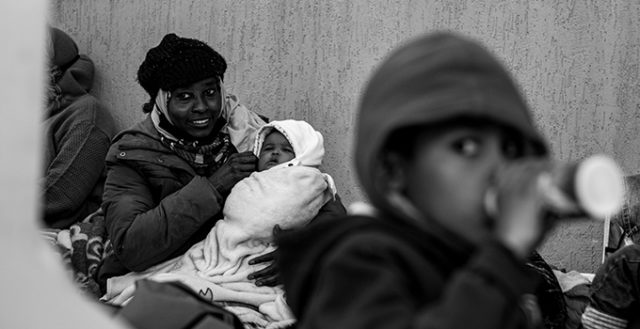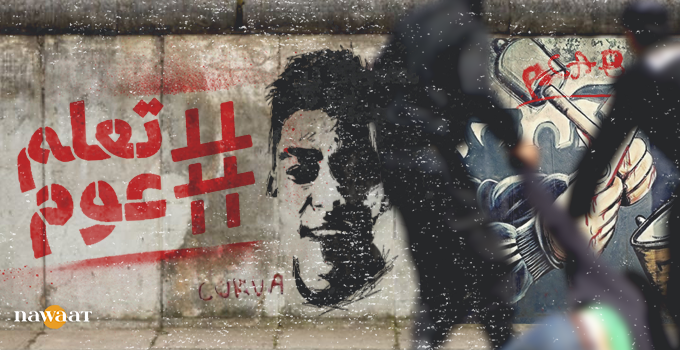« It’s a sign of the Ministry’s shortcoming. The minister travels around with her staff and meets with governors, but doesn’t include the communes. The result? A handful of individuals cleaning up plastic » quips the president of the National Federation of Tunisian Communes (FNCT). « The initiative aims to instill a culture of environmentalism. A clean environment is a daily effort and lifelong commitment » retorts a ministry official.

















